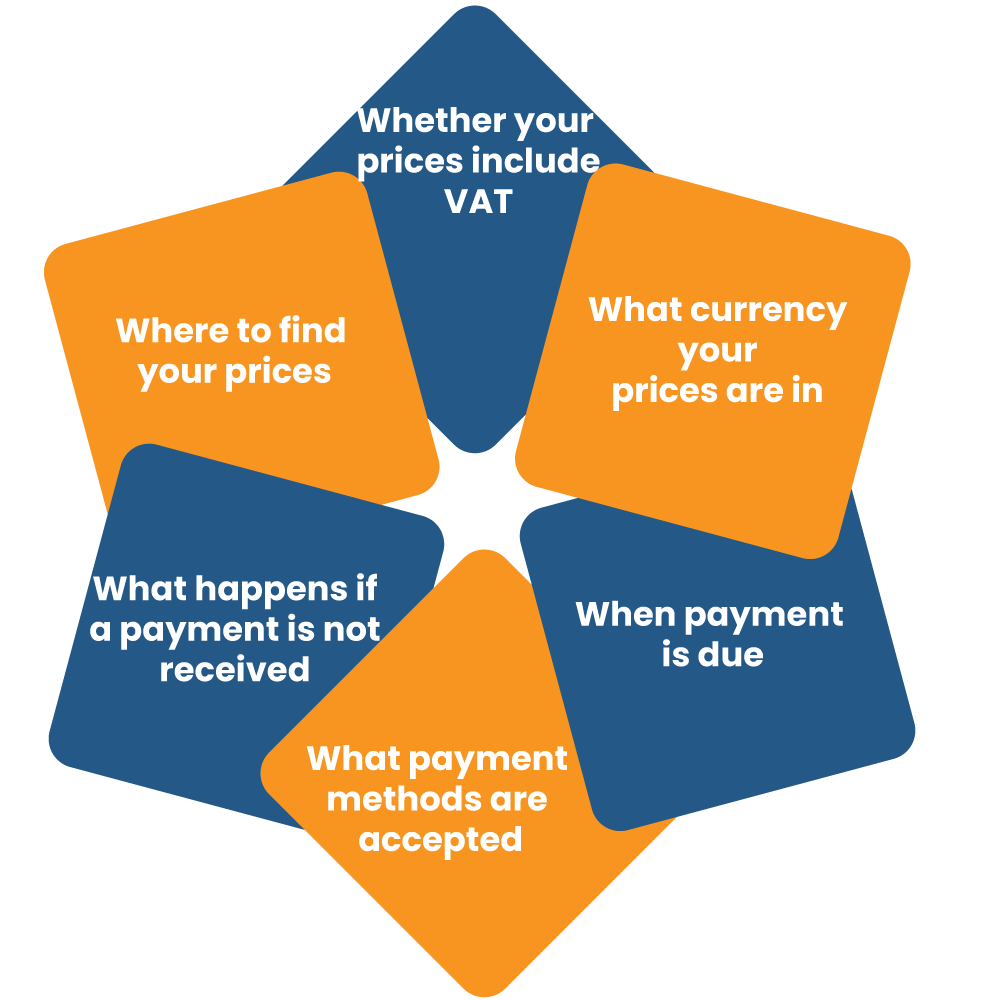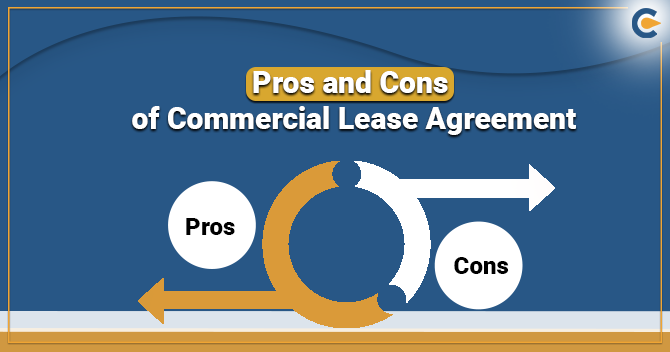While there is no compulsion to possess a Terms and Conditions agreement, there are plenty of reasons to having one. A Terms and Conditions agreement helps to safeguard business by enacting an array of rules that anyone using your online platform must agree to. It creates a contract between the end-user and your business.
One of the primary advantages of the agreement is the ability to pose the right set of obligations for your customers and your business. You can create transparent payment norms, inform customers what is classed as acceptable & unacceptable use of your site and explain to people what happen in case of non-compliance with the agreement’s term
In addition, you can leverage the said agreement to safeguard the intellectual property, fence your liability & include any legally required disclosures.
We will explain to you what information you must enclose in your T&C, were to manifest it & the suitable way to get your customers to agree to it once it is in place.
Clauses you must enclose in your Terms and Conditions Agreement
You should always tweak your T&C agreement to fulfil your business needs, however here are some clauses that you should take into account.
Scope of Services
The best way to commences your T&C agreement is to manifest what products or services you offer. The social media giant, Facebook uses such clauses to explain to customers about the service it offers and what its mission is.
Changes to the Agreement
Whenever you inculcate some changes in your business, or if there is a certain amendment in the law, you will intend to update the same on the T&C agreement. Your agreement must enclose a clause that possesses such rights to update it, & let customers how they will be communicated of any updates.
Read our article:Underlining the Position of Person who is Incompetent to Contract
Prices & Payment Clause
This is an essential clause to add as it permits you to tell users:


This clause will aid to prevent misunderstandings and payment disputes.
Limitation of Liability Clause
This clause is vital irrespective of the business’s size as you can leverage it to fence the number of damages your business is liable for.
You can also project his clause to communicate that your business is not accountable for invalid information on your website or app.
Governing Law Clause
The short clause explains where your business is based & tells which nation’s law governs the agreement.
Acceptable Use Clause
This clause aims to advocate end-users to use your app lawfully. To make sure users comprehend what conduct is invalid, this clause should explain what behaviour is deemed inappropriate or abusive. It must also tell the end-users what happens if they breach the clause’s terms.
User-Generated Content
If your site or app is open for user-generated content such as articles, photographs, blog posts, or tweets you should enclose a clause for the same in the Terms and Conditions agreement.
This is vital because permitting user-generated content can expose your business to inappropriate content & copyright infringement.
To ensure protection for your business, you must enclose a clause stating what user-generated content is acceptable on the website. For instance, you might intend to clarify that content the user upload must be free from abusive or derogatory elements. The terms agreement ensures clarity regarding the conformity of the user-generated content with the company’s content guidelines.
It also explains that the user will be liable for what they are uploading or possess the owner’s approval to do the same.
According to the clause, the person posting the content:
- Must own the same or must possess the right to publish it and
- Must not breach any guidelines, term, or the law
Intellectual Property Clause
Your Terms and Conditions agreement is a viable platform to let your customers know what IP you own & what they can & cannot do with. This helps to prevent unintentional volitions and misunderstandings.
Remember to enclose all intellectual property in the agreement. This may include your picture, multimedia elements, logo, scripts, & visual media.
The clause talks about what cannot be done with the IPs, for instance, customers are not permitted to post or alter the site’s materials.
Termination Clause
This clause vested you with rights to revoke the end users’ account, forbidden users from your site or app & impose a limitation on users. You might intend to do this, if end-users used your site inappropriately, for instance, if they were writing offensive messages on your site’s forum.
Contract Clause
This clause recites end users how they can communicate with your company. If possible, you must enclose your email address, postal address, and contact number.
Those are key clauses you must enclose in your Terms and Conditions agreement, Again, while every company will have distinct requirements and practices when it comes to the particular content of each clause, you must use the said clause as a starting point to create an own Terms and Conditions agreement.
Conclusion
A Terms and Conditions agreements’ customers know what is anticipated from them & what they can anticipate from a company. It set up a contract between your business and the customers[1].
Ideally, the agreement should possess clauses regarding the scopeof your company’s services, payment terms, liability’s limitation, intellectual property, account termination, user content, acceptable use, and contact your company.
It’s best to manifest your Terms and Conditions agreement on various destinations to ensure that end-users are accessing them. For instance, you might intend to showcase your Terms and Conditions agreement in your site’s footer, at checkout & during account sign-up.
Read our article:Vendor Agreement: Underlining the Important Clauses











